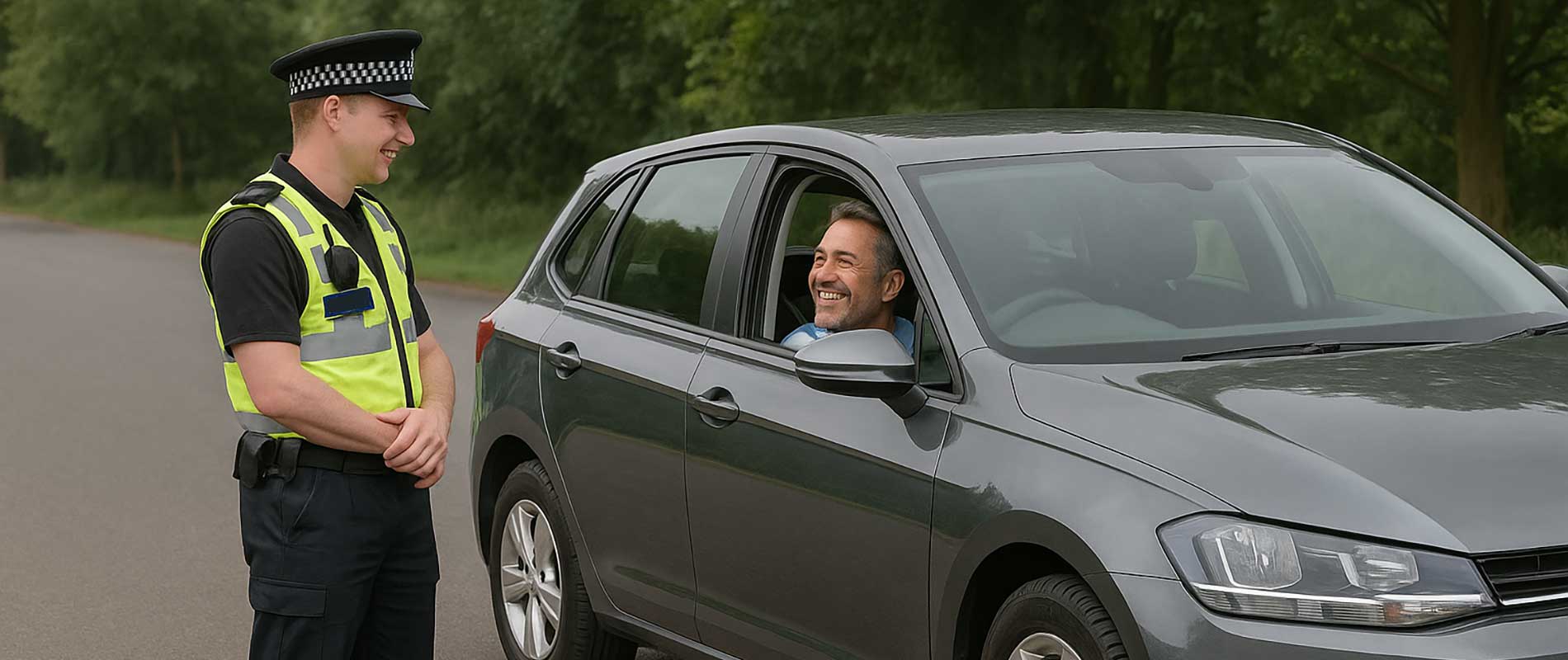Understanding What’s Meant by ‘a Course’
When people talk about courses for convicted drivers, they usually mean one of two things: a rehabilitation course offered after drink or drug driving, or a driver awareness course sometimes offered in place of prosecution for minor offences. They aren’t the same thing. One is part of a sentence after conviction, the other is an alternative to going to court at all. It’s easy to see how the two get muddled.
For those already convicted, a course might be offered as part of the penalty, particularly in drink-driving cases. It’s not automatic, but courts can reduce the length of a driving ban if the driver completes an approved rehabilitation course by a set date.
Drink-Driving Rehabilitation Courses
These courses are fairly structured. They’re designed to make people reflect on their habits and the consequences of driving under the influence. The sessions are usually spread over several weeks, focusing on alcohol limits, decision-making, and safer behaviour behind the wheel. There’s no test at the end, but attendance is monitored carefully, and missing sessions can void the benefit of the reduced ban.
Completing one doesn’t wipe the conviction, but it can shorten a driving disqualification by up to a quarter. It also shows insurers and future employers that you’ve taken responsibility and followed through on rehabilitation, which can help when you next apply for cover.
Courses for Other Offences
For lesser offences, like careless driving or low-level speeding, the police sometimes offer educational courses instead of penalty points. These are voluntary in the sense that you can refuse, but declining usually means you’ll face prosecution or fixed penalties instead. Again, it’s not technically a conviction, but your driving record will show you attended.
Courses for phone use, speeding, and general driver awareness are all common. They’re often a single day’s session, focused on improving observation, patience, and judgement. The tone is constructive, not punitive, which is why many people actually find them helpful.
When a Course Is Mandatory
In most cases, the court will decide whether to offer a rehabilitation course. It’s never entirely at the driver’s discretion. If it’s offered, you’ll be told how to book, how much it costs, and by when you must complete it. Typical costs range from around a hundred to two hundred pounds, paid directly to the approved provider. You can’t just pick a course off the internet; it has to be one authorised by the Department for Transport.
If you’ve been banned for drink or drug driving and you don’t attend, your ban simply runs its full length. So the choice is really between waiting it out or taking the opportunity to cut that period shorter and show good faith.
How Courses Affect Future Insurance
Insurers view rehabilitation positively. They still have to take the conviction into account, but proof of completing an official course can make you look less risky in the long term. That can help when you’re applying for specialist convicted driver insurance. Some brokers even ask directly whether you’ve completed one, because it’s a sign you’ve addressed the problem rather than ignored it.
That said, it won’t magically return your premiums to their old level. Time, clean driving, and transparency are what gradually rebuild your record.
Key Takeaway
Most convicted drivers aren’t required to take a course, but if you’re offered one, it’s worth considering. It can shorten your ban, show responsibility, and help your case with insurers later. Even awareness courses for lesser offences are a second chance to improve, not just a box to tick. It’s all part of proving you’re serious about safer driving; and about leaving old mistakes behind.

